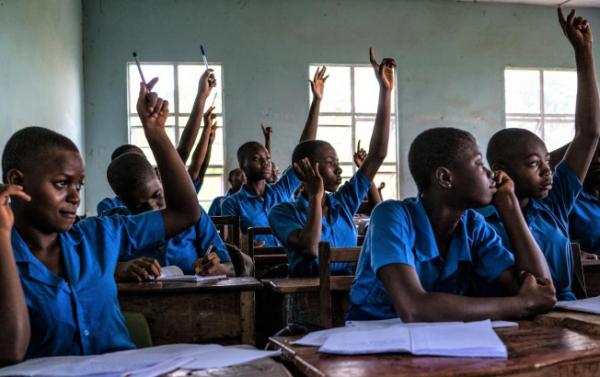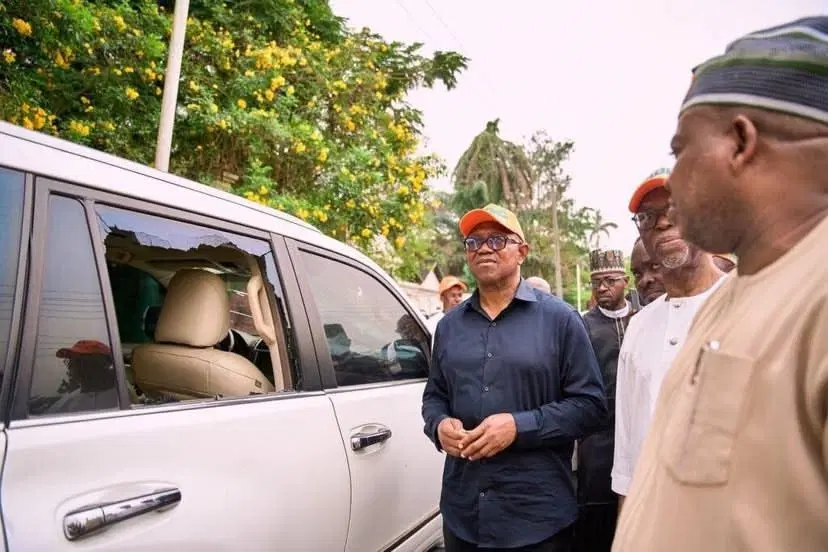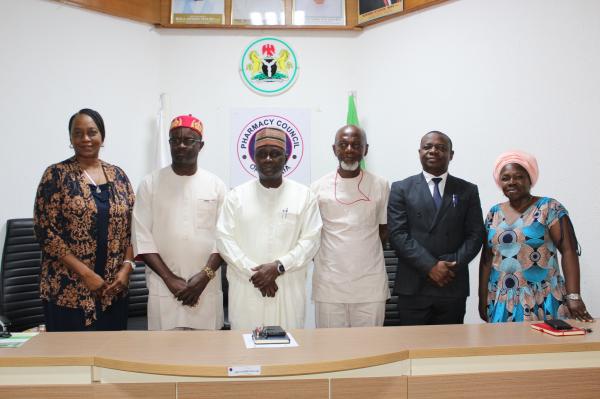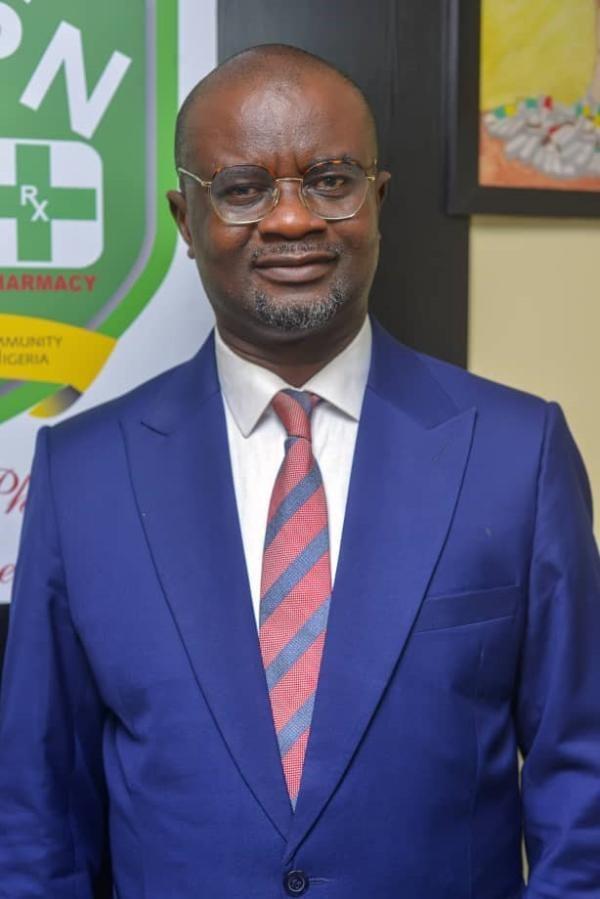
In a compelling discussion held on X on November 24, 2024, stakeholders from the Organization for Impact and Reform (OFIAR), alongside a revered good governance advocate and champion for Almajiri children's education, Dr. Aderonke Kujore, emphatically highlighted the critical need for qualitative basic education as a foundation for Nigeria's transformation.
Reflecting on her personal journey as both a student and an educator, Dr. Fatima Lawson, a seasoned educator based in the United States, noted that during her time as a student, education was primarily focused on rote learning, disconnected from economic demands. Today, however, education has evolved into a dynamic tool designed to equip learners with skills that align with the needs of a modern, knowledge-driven economy, emphasizing critical thinking, creativity, and adaptability. She explained that in today’s dynamic world, a shift in approach is necessary: “We cannot apply yesterday’s principles to today’s ever-changing realities.” Dr. Lawson emphasized that unlocking the power of education begins with prioritizing it in the national budget, advocating for a minimum 20% allocation to education and ensuring over 90% implementation annually. She argued that “by doing this, Nigeria can lay the foundation for a knowledge economy that leverages education, skills, and innovation to drive growth and secure a brighter and more equitable future for its citizens, especially the youth.”
For Nigeria, transitioning from a resource-dependent economy to a knowledge-driven one is critical for long-term sustainability. Qualitative basic education, which emphasizes critical thinking, problem-solving, and creativity over rote memorization, requires continuous curriculum reforms to align with global standards while addressing local needs. STREAMIE (Science, Technology, Reading, Engineering, Arts, Mathematics, ICT, and Entrepreneurship) must become a central component of Nigeria’s basic education.
Achieving this however, requires addressing fundamental challenges such as poor funding—Nigeria currently allocates less than 10% of its annual budget to education—inadequate infrastructure, low literacy rates, high dropout rates, and unqualified or untrained educators. Bridging the digital divide is equally crucial. This includes expanding access to technology and internet connectivity in schools, enhancing research and development, strengthening partnerships between academia, industry, and government, and focusing on 21st-century skills and vocational training to meet labour market demands.
Dr. Aderonke Kujore shared her experience working on the Almajiri education system—a commitment that inspired her to leave her comfort zone to advocate for the development of marginalized communities in Nigeria. Struck by the poor state of educational infrastructure and the plight of underserved communities, she noted that neglecting these areas created ungoverned spaces, posing significant security risks and exacerbating social instability. “Thinking that the 20 million out-of-school children is a sectional or regional problem is a big-time misjudgment. We must get more of our children into school buildings,” she said.
Her experience highlights the urgent need to integrate out-of-school children into the education system, whether through mobile schools or traditional setups, and to eliminate cultural, economic, and other barriers to basic education. She pointed out that there are insufficient schools to accommodate students, and cultural attitudes—such as the belief that Western education is not for everyone—must be addressed. “These problems can be tackled simultaneously, but it must be done with significant effort and intentionality,” she asserted.
In the religious context, verifiable data, some of which was collected by Dr. Kujore, shows that Islamic education is not inherently problematic but often becomes a challenge in low-income areas where parents cannot afford formal schooling. This underscores the importance of government intervention in providing vocational training and establishing camps to deliver basic education. Additionally, a standardized curriculum for Almajiri schools is essential to ensure accountability and proper education for the children.
Tapping into the Knowledge Economy
To fully harness the potential of the knowledge economy, it is vital to ensure that funds allocated to education are not squandered on inferior structures built at inflated costs but instead used to improve the overall standard of basic education. Community leaders and civil society actors must actively participate in public discussions on education and monitor expenditures in the sector. Increasing annual budgetary allocations to 20%, holding contractors accountable, and improving school infrastructure are critical first steps.
A paradigm shift in mindset and cultural alignment is also necessary. Citizens must recognize the dangers posed by denying any child access to basic education, whether the child is a close or distant neighbour. This issue demands national seriousness and collective action to raise public consciousness about the pivotal role of education in building a sustainable and equitable future.
We must discourage cultural and religious norms that encourage large families without adequate planning and foster an environment for quality basic education that reduces inequality, poverty, and social unrest.
Dr. Fatima Lawson and Dr. Aderonke Kujore are education experts writing from the United States.






















